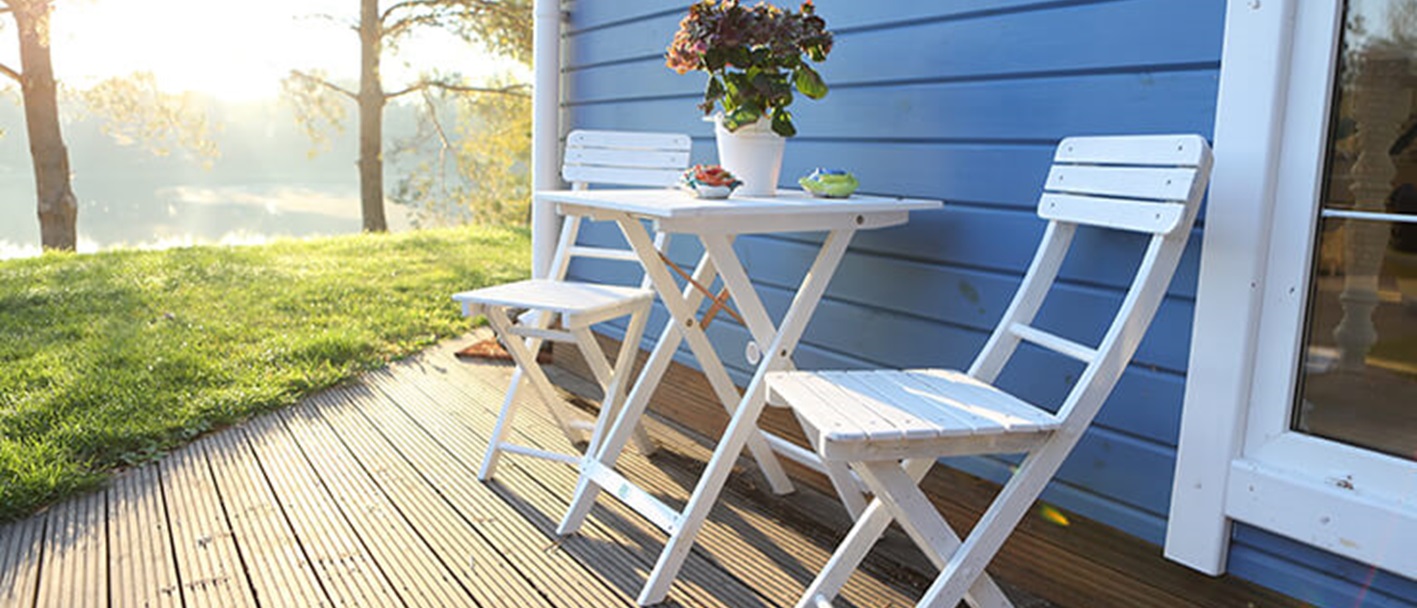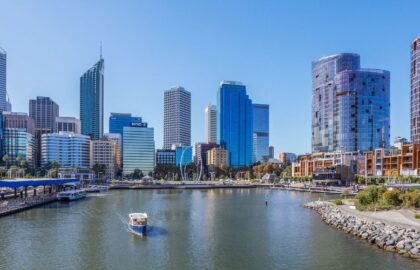
With Australia’s breathtaking coastlines, scenic countryside, and thriving tourism industry, it’s no wonder many investors are tempted by the idea of owning a holiday home. Whether it’s a beachside cottage up North, a country retreat in the South West, or a modern unit in the City, holiday homes promise not just financial return, but lifestyle perks too.
But are they really a smart investment, or just a sunny dream? Let’s explore the pros, cons, and key considerations of investing in a holiday home in Australia.
The Appeal of the Holiday Home
For many Australians, the appeal of a holiday home is emotional as much as financial. It offers a place to escape, to spend time with family, or even to plan for future retirement. With platforms like Airbnb and Stayz, it’s now easier than ever to rent out your property when you’re not using it, creating an attractive source of passive income.
Over the past decade, some holiday regions have seen substantial capital growth, particularly in coastal hotspots and areas within driving distance of major cities. The COVID-19 pandemic accelerated interest in regional areas, and while demand has cooled slightly in 2024–25, lifestyle-driven property purchases remain popular.
The Pros of Investing in a Holiday Home
🏖 Dual Use – Investment + Lifestyle
Holiday homes offer the rare chance to blend lifestyle with investment. Owners can enjoy the property during off-peak seasons while renting it out during peak holiday periods to generate income.
💸 Potential for High Short-Term Rental Yields
Popular tourist destinations can achieve strong short-term rental returns, especially during holidays or events. In some areas, short-term rental yields can outperform long-term leases—if managed effectively.
📈 Capital Growth in Desirable Locations
Blue-chip holiday areas like Margaret River, Noosa, or Portsea have historically shown solid capital growth, especially properties close to water, amenities, and attractions.
🧾 Tax Benefits
If the property is rented out, owners may be able to claim deductions for expenses such as maintenance, property management fees, mortgage interest, and depreciation. However, this comes with conditions and should be discussed with a tax professional.
The Cons and Risks to Consider
🛠 High Ongoing Costs
Holiday homes often come with higher maintenance costs, especially in coastal environments where salt air and storms can cause wear and tear. Furnishing and maintaining a short-term rental to a high standard also adds to costs.
📉 Seasonal Demand & Vacancy Risks
Rental income is often seasonal. Outside of peak travel periods, occupancy rates can dip sharply, especially in less accessible locations. Unlike city apartments, a holiday home may not be tenanted year-round.
📍 Location Limitations
The value and rental viability of a holiday home depend heavily on its location. Some areas experience boom-and-bust cycles, making timing and local knowledge critical.
⚖️ Tax and Regulatory Complexity
Recent changes in short-stay regulations across states (e.g., caps on days, registration requirements, and even bans in some councils) can impact rental potential. Additionally, for the property to be tax-deductible, it must be genuinely available for rent—personal use can reduce tax benefits.
Financial Snapshot: Short-Term vs Long-Term Rental
| Feature | Short-Term Rental | Long-Term Rental |
| Rental Yield Potential | High (in peak seasons) | Moderate but steady |
| Management Effort | High (frequent turnovers) | Lower |
| Income Consistency | Seasonal and variable | Regular and predictable |
| Property Wear & Tear | Higher (due to guest use) | Lower |
Tips for Buying a Holiday Home as an Investment
- Do Your Research: Understand the local market, tourism trends, occupancy rates, and competition. Speak to local agents and review past performance data.
- Choose the Right Location: Proximity to beaches, cafes, attractions, and transport will increase appeal. Accessibility from major cities can also boost rental potential.
- Know the Rules: Check council zoning, short-stay regulations, and strata by-laws (if applicable). Some areas now restrict holiday letting.
- Crunch the Numbers: Factor in all costs—insurance, council rates, cleaning, management fees, utilities, and marketing. Consider using a property manager if you’re remote.
- Have an Exit Strategy: Markets shift. Buy with a long-term view, and ensure the property will remain attractive even if tourism slows.
So, Are Holiday Homes a Good Investment?
It depends. For some, a holiday home can be a rewarding mix of lifestyle and financial return. But like any investment, it comes with risks—especially if income is seasonal or the market turns.
If your primary goal is capital growth and consistent income, a city or suburban investment property may provide more stability. But if you’re in it for both enjoyment and potential profit, and you buy wisely, a holiday home can offer the best of both worlds.
Before diving in, speak to a financial adviser or property strategist who understands the nuances of the holiday rental market in your chosen area.
Final Thought
Australia’s lifestyle appeal makes holiday homes a tempting investment. But a beautiful view doesn’t always equal a sound financial decision. Like the tide, markets rise and fall—do your homework before you dive in.
Contact us if you would like any assistance with finding your new property prowest.com.au








